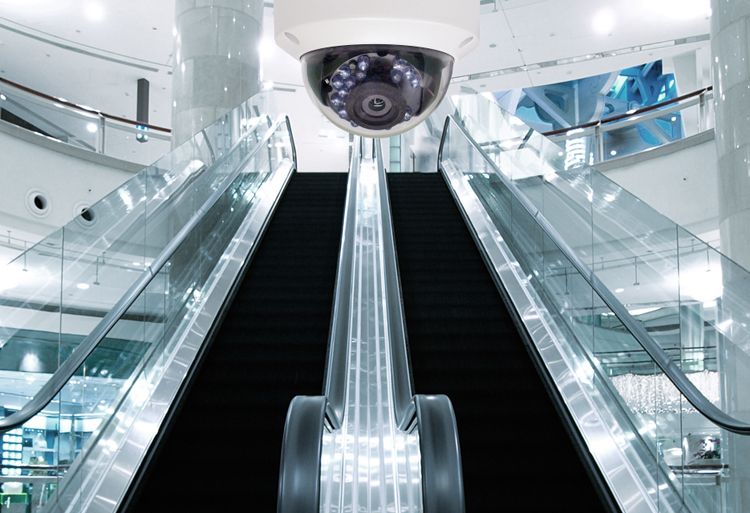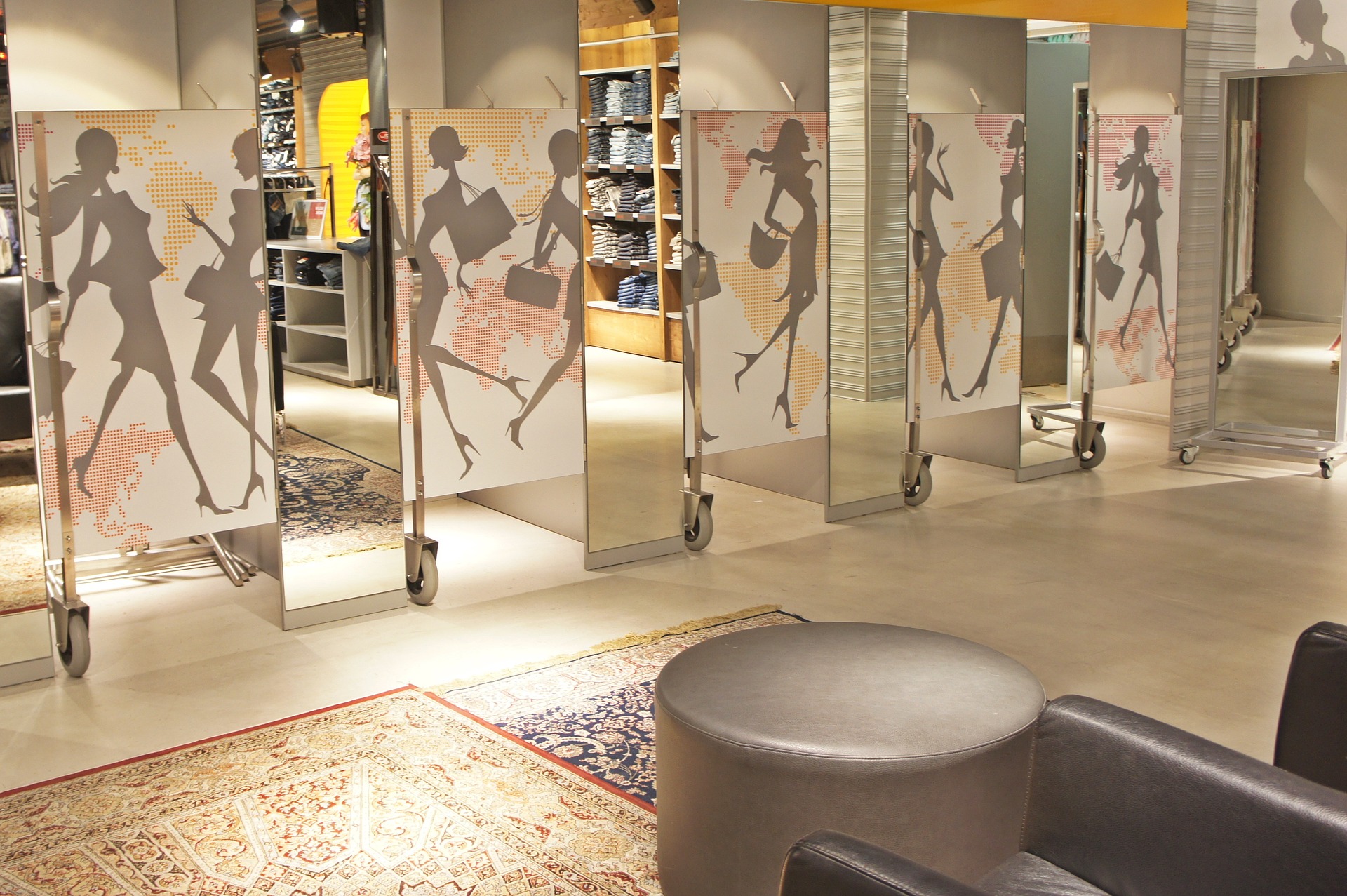No matter where we may turn in our towns and cities, video surveillance is all around – in 2013, it was estimated that there were around 5.9 million cameras in the UK alone. Whilst many may be adept at performing their primary function of capturing identifiable images, many do not – whether they're placed incorrectly, damaged or their abilities have simply grown obsolete – a security camera installation can create a problem for its owner.
Even modern IP cameras have their problems, however –despite being able to record images in high-definition and send them via a wireless internet connection to The Cloud, creating an effective networking solution in the process, many may have security weaknesses within their software that make them an attractive target for hackers.
Here, we're going to cover some of the weaknesses and explain how instead, a hybrid cloud security system is able to avoid the same issues that exist in other modern security devices.
The Possible Weaknesses of a Security Camera Installation
Just a simple Google search for 'security camera vulnerabilities'will reveal billions of results; the most prevalent of which will concern the topics 'hacking' and 'smart cameras'. So, yes – it is a huge problem.
The main issues with many current security camera installations include:
- Out-of-date software and firmware. New types of malware are constantly being developed,so many existing systems may not be installed with the software it needs to safeguard its operation. Some cameras can even go for years without any updates, severely weakening it in the event of a new virus appearing on the scene.
- Open(firewall) ports and inbound device access. Many Digital Video Recorders(DVRs) and Network Video Recorders (NVRs) will allow for remote access,allowing users to watch live (or recorded) video by using a web browser or application. This is achieved by 'port forwarding' that clears a path for external devices to go down in order to connect to the system. The trouble is that once that path is well worn, it allows other external devices to connect to the network too...
- Password sharing and default settings. Some security cameras may have been created with login credentials that have been set at the factory. Some of the less user-friendly of these devices (some won't even have a keypad), will be at risk– it isn't uncommon for users to forgo setting their own passwords when setting up their system, for example. This makes easy for hackers to get in and infiltrate the security camera installation.
- Single point of failure. If any part of the system fails, the whole system fails.Just by centralising the storage of video data, many security cameras may create a single point of failure for their systems. If all of the footage is stored on The Cloud, then it will use a huge amount of bandwidth, which always puts the connection at risk of breakdown and even infiltration.
- Poor encryption. There are many security camera installations that will not have encryption enabled by default; more often than not, this setting will remain unchanged by the operator, making the footage vulnerable to theft. Even if encryption has been enabled, it may only be used when it's transferred to its storage device – meaning that any time the images are viewed remotely, it will be played back over an unsecured connection.
- No active monitoring. Another (too) common occurrence concerning security incidents is when the operator is asked for video footage, only for them to learn their security camera installation has been inactive for an undetermined period of time. This scenario is easily avoidable if the operator uses a smarter system that offers an active monitoring solution– something that will offer automated alerts in regards to how the camera is operating, whether it's online and operational or if any tampering is detected.
- Weak Access Controls. As we noted above, some systems may prove problematic in regards to their access permissions, therefore it won't be uncommon for login credentials to be shared (instead of the security camera system being configured for individual log-ins). This presents an obvious security risk,compromising the security of the overall system and is something that should definitely be avoided.
Hybrid Cloud Systems– What Are They, How Can They Help?
Hybrid cloud systems are designed to streamline, yet make the process to obtain security footage quicker and safer. Using just a camera and a PoE switch, they do not need any additional hardware or software to manage; automatically reducing a number of avenues that hackers usually go down to obtain footage from a security camera installation.
The main difference between hybrid cloud systems and just cloud-based systems is that hybrids do not stream all of the footage it captures to cloud storage – vastly reducing the bandwidth it needs to use. Instead, it takes a more intelligent approach, storing footage on the camera itself, whilst sending only thumbnails to cloud storage.
Hybrid cloud systems can/has:
- Update all devices automatically and continuously.
- Replace DVR and NVR storage with on-camera storage – using encryption on all data, all of the time with added cloud backup options.
- Transmit all data over HTTPS; the internet-standard security protocol. It does not rely on wires or even networked security (such as VLAN).
- Only contains outbound connections – no open ports or accessible services that run on each device.
- Distribute its video storage across many nodes(on cameras and The Cloud) – it does not rely on DVRs or NVRs at each location.
- Contains active system health monitoring,including tamper detection, image clarity verification and automated alerts.
- A two-factor authentication system; powerful user access controls with single sign-on integration.
Interested in learning more about the benefits of hybrid cloud security? Why not get in touch with the security camera installation experts here at Tagmax?
Industry-Leading Security Camera Advice, From Tagmax
Throughout the last 20 years, the team here at Tagmax have been creating security camera installation solutions for a myriad of business operations, building up an industry-leading service in the process. No matter your requirements, our knowledge, expertise and relationships with some of the most innovative security equipment manufacturers in the industry will help to create the ideal bespoke security solution for you.
To learn more about our service, please feel free to give us a call today on 0800 044 3160 or send an e-mail to sales@tagmax.co.uk
View more blog posts

Hybrid Cloud Security: The Next Big Step For Security Camera Companies

How AI Will Help Security Camera Companies Create Better Systems

Security Camera Installers – Keeping Pubs Safe At Christmas
